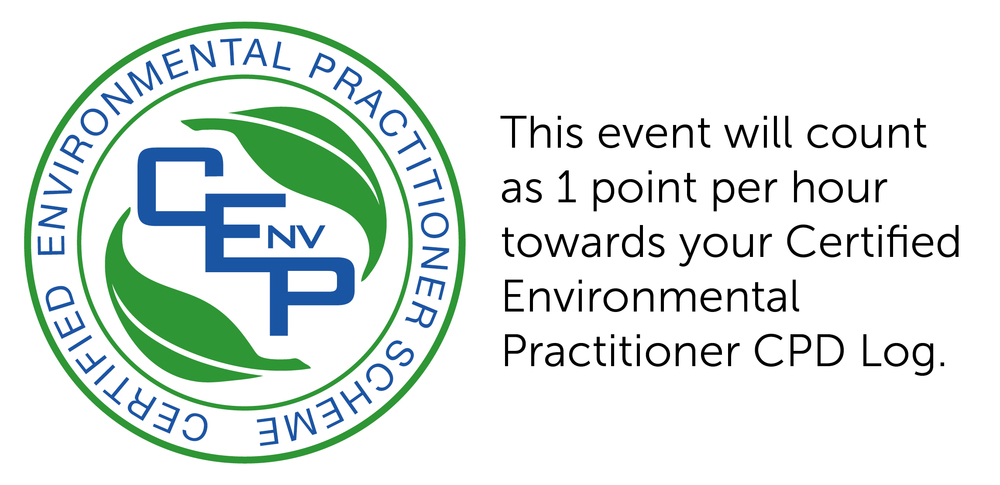-
Member Login
- Home
- About
- Institute Groups
- Membership
- Events
- News & Publications
- Institute Programs
- Resources
- Jobs Board
- Contact Us
- Site Info
NSW | Creating a Circular Economy in the Local Community
The ambition in Bega and South East NSW is to become a circular regional economy by 2030. This goal is supported by a multifocal approach to develop vibrant industries and communities through collaborative and holistic regional initiatives. This groundswell of activities in circular thinking and projects in the region will need the engagement of businesses small and large, academics, government and consultancies, and the community as a whole to support the ambition.
With global resource use being only 9% circular, there is urgency and opportunity to transition from a wasteful linear model. Join us in exploring the transformative potential of a circular approach to industries, local economy, and sustainability in Bega and the broader South-East NSW region.
The event will consider several case studies through our guest speakers and local circular economy experts, including:
- Andrew Taylor, CEO, Regional Circularity Cooperative
- Jo Lane, SeaEO, Sea Health Products – proposed kelp farming
- Rebecca Jones, NGH – Circularity at the former Bega Hospital site
The region aims to be a circular economy beacon for regional Australia, a model for how economic, environmental and social resilience can thrive. Come along to learn about how environmental practitioners can be a part of this exciting development.
Generously sponsored by NGH Consulting, this will be a hybrid event with both in person and online attendance modes. Additionally, there will be a dedicated networking session tailored to professionals within the regional environmental sector to help foster local connections. Light food and drinks will be provided for those attending in person.
Register now to reserve your spot! We hope to see you there!
Thank you to our event sponsor
.png)
CPD Points

Event details
When:
28 September 2023
5:30 PM
- 8:00 PM
Where:
Hybrid event
In person and online option
Cost: $40 for EIANZ members, $20 for EIANZ Student members, $70 for Non-members
Places Available: 2
Contact: Enquiries: office@eianz.org or 03 8593 4140
Register now and secure your attendance
Event date has passed
We acknowledge and value the rights and interests of Indigenous Peoples in the protection and management of environmental values through their involvement in decisions and processes, and the application of traditional Indigenous knowledge.

